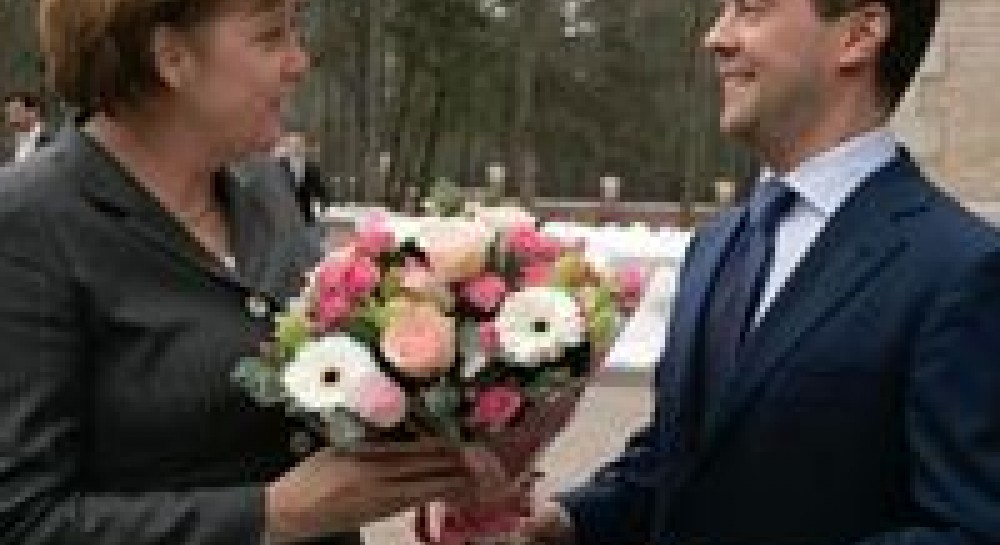
Divide and capitalise: Russia exploits a limp EU summit on the Georgian crisis
The summit was limp, as expected, reflecting the failure of the EU to bridge the rift between Germany, an advocate of not provoking Russia, and Britain, (finally) arguing that it should give more help...
European Union countries agreed yesterday to send Georgia one of the kinds of help it most wants: hundreds of observers to monitor Russia’s compliance with the supposed ceasefire around the two disputed provinces.
Otherwise, the summit was limp, as expected, reflecting the failure of the EU to bridge the rift between Germany, an advocate of not provoking Russia, and Britain, (finally) arguing that it should give more help.
If there is a useful side to that flight to ambiguity, it is that this is exactly the debate that the EU ought to be having (more important and invigorating than its wrangles about its constitution). The peaceful folding-in to the EU of ten former Soviet bloc countries in the brief 17 years since the collapse of the Soviet Union is an astonishing phenomenon. It is no surprise that the end of the Soviet Union left ragged edges – countries divided about whether to join the West – and that is what we are seeing now, as well as Russia’s bitterness about the loss of empire.
That is why the EU needs to have a view of its approach to Russia. The cost of pretending to have it both ways has been clear since the Nato summit in Bucharest in April. Nato’s pledge to Georgia and Ukraine – that they would definitely become members someday but that they could not start the actual process of trying to clear the membership hurdles – told Russia that Nato was not prepared to make real commitments.
British ministers maintain that the Bucharest pledge was really better than allowing membership talks to start, but this is ludicrous. Georgian officials argue that the grand but vacuous promise gave Russia the green light to act as it did, and they have a point.
Yesterday’s summit was valuable in producing the agreement on observers. The weakness even of that is that the EU did not say what it would do if Russia objected (and the Russian Foreign Ministry promptly said that the purpose of such observers should be only to block Georgian military activity). In deliberately provocative language, Russia also called for an arms embargo on Georgia until President Saakashvili is driven from office.
Otherwise, even though the EU should rightly settle for the lowest common denominator on such important questions of its own identity, the proposals were weak beyond parody. “The Union will remain vigilant,” a version of the text said yesterday, adding that the review “may lead to decisions on the continuation of discussions on the future of relations between the Union and Russia in various areas”.
The EU also warned Russia that it should stick to the ceasefire brokered by President Sarkozy of France – or else (but this was unspecified).
The noise yesterday in Brussels of 27 countries trying to have their say should not distract attention from the special need for Germany, and then for Italy, to defend their objection to greater pressure on Moscow as more than just desire to protect their lucrative trade.
Angela Merkel, the German Chancellor, single-handedly blocked Nato expansion at Bucharest (although she now seems to be taking a tougher line towards Russia than her Foreign Minister).
Britain has, after a slow start, become one of the louder advocates for standing up for Georgia, together with the Baltic countries. They have called for the stalling of a new EU-Russia partnership agreement on trade, energy and human rights, on which the next talks are due on September 15.
Even so, British ministers and officials appear to be sidling away from arguing for an early start of Nato talks for the two countries, if they want it.
Russia’s behaviour shows that it knows how to make good use of others’ indecision.

